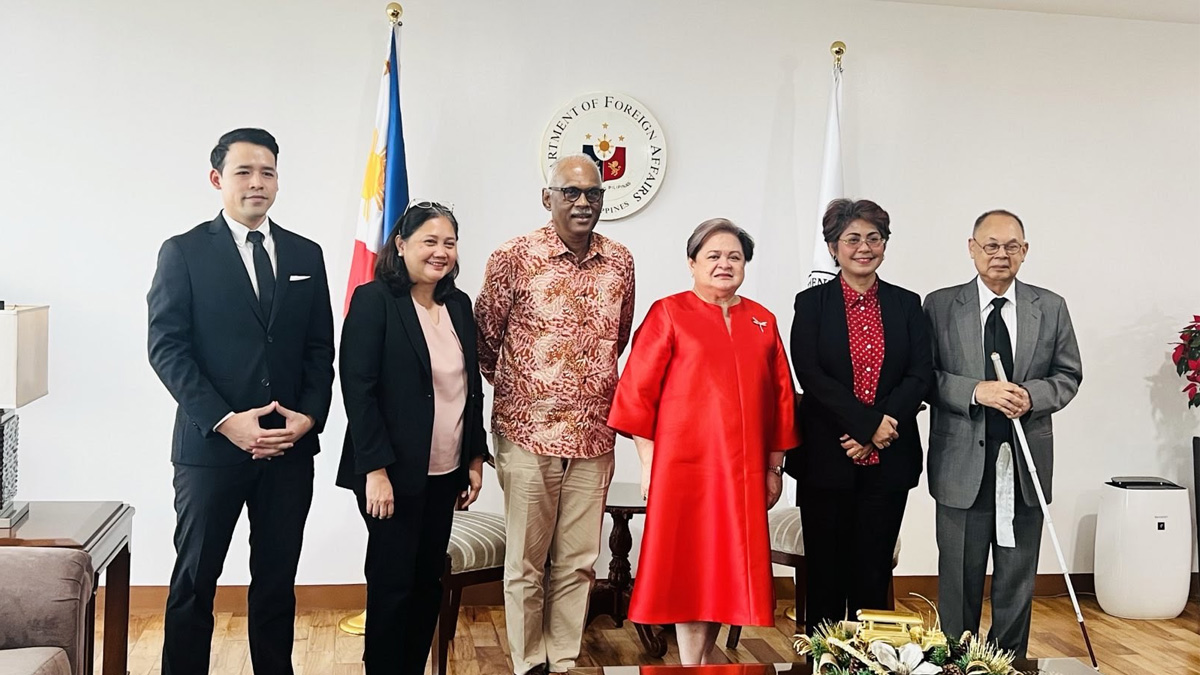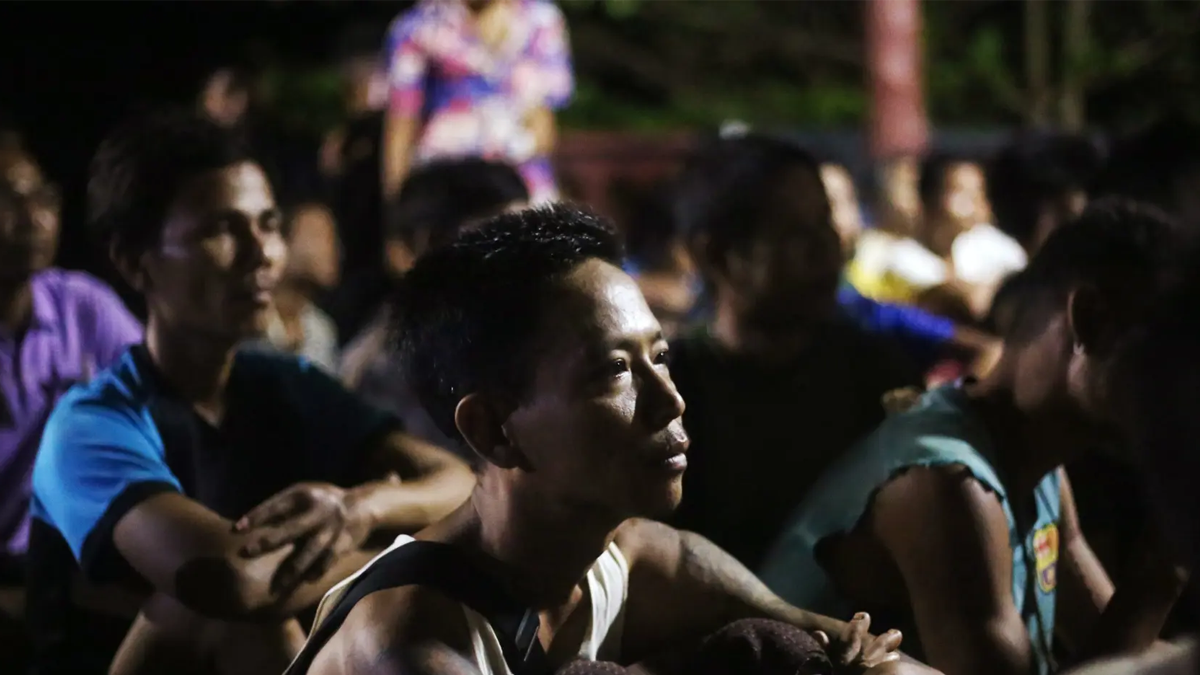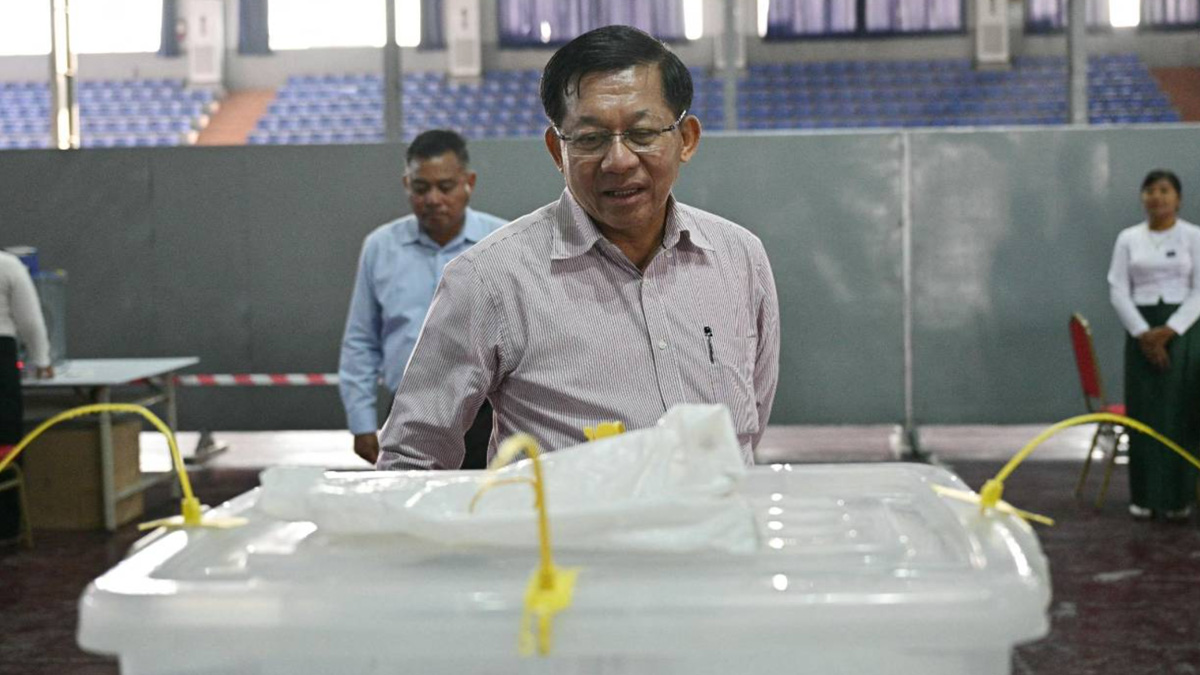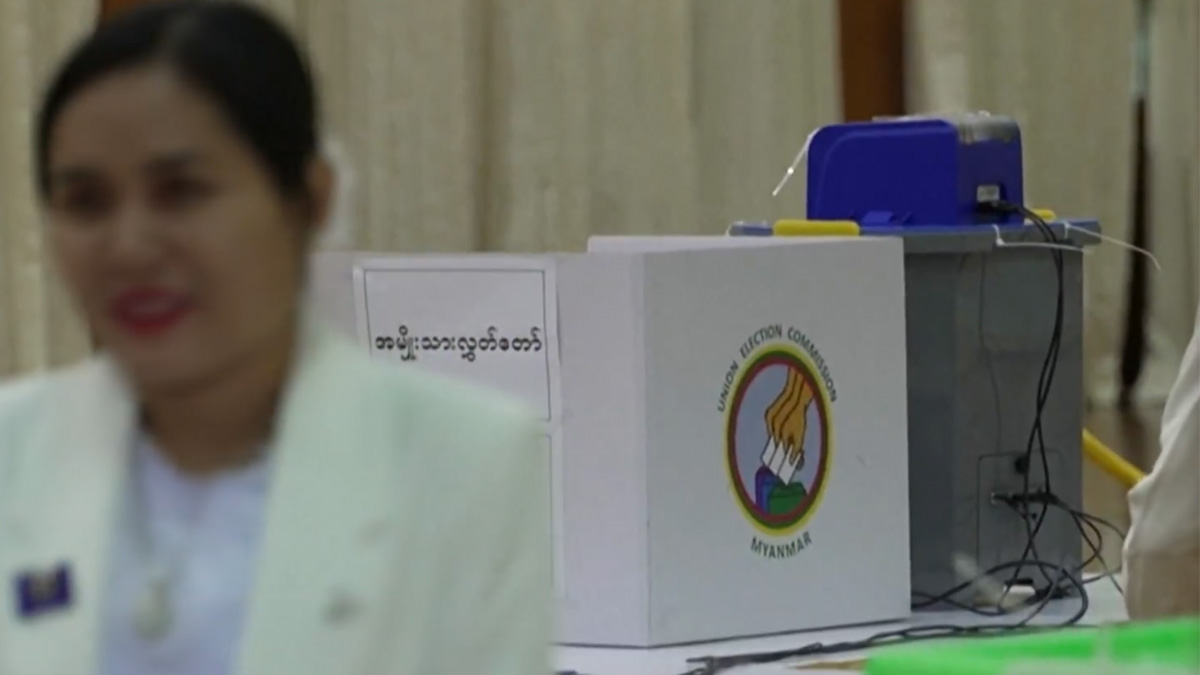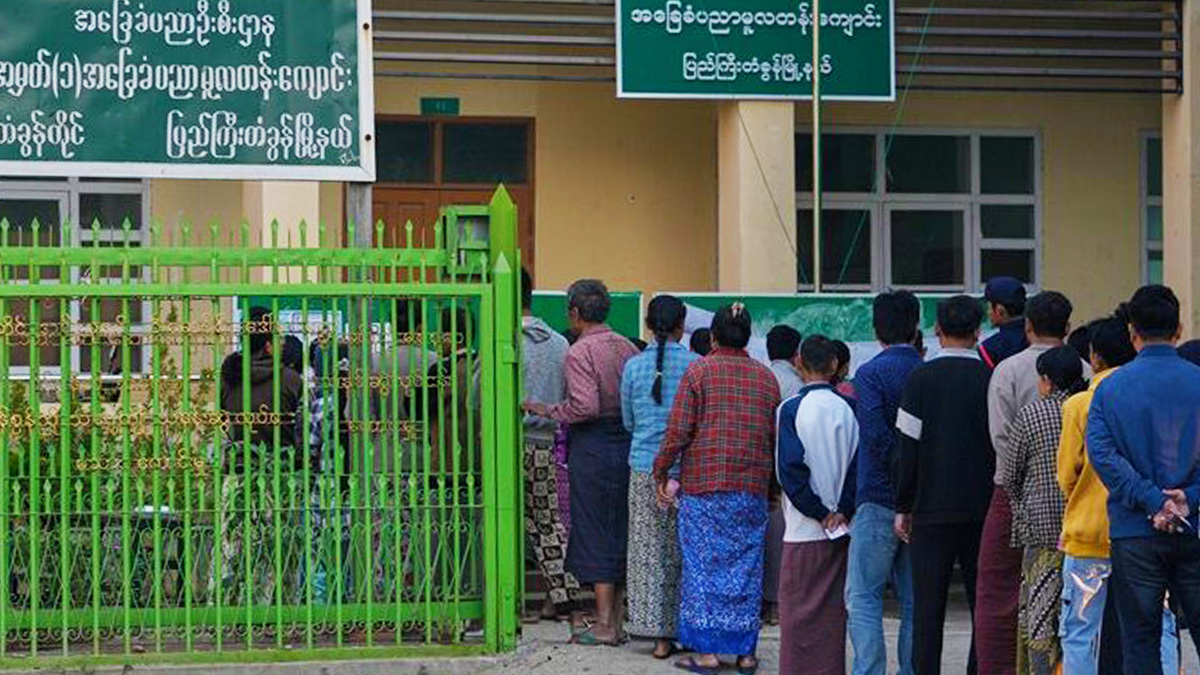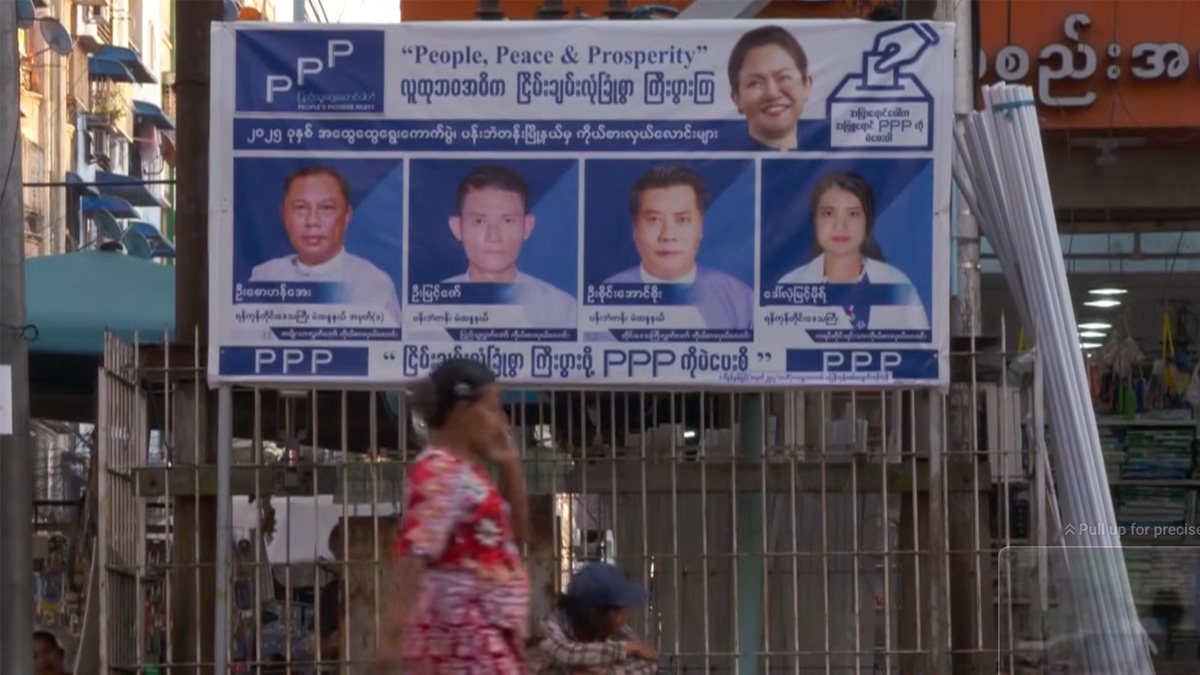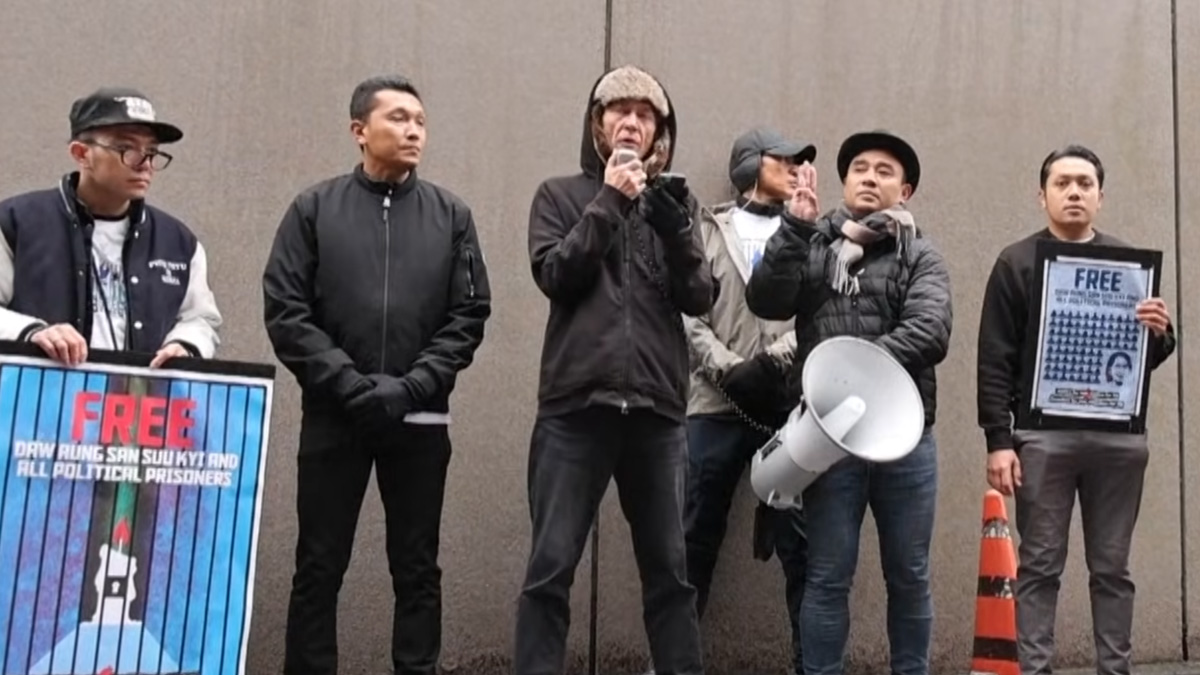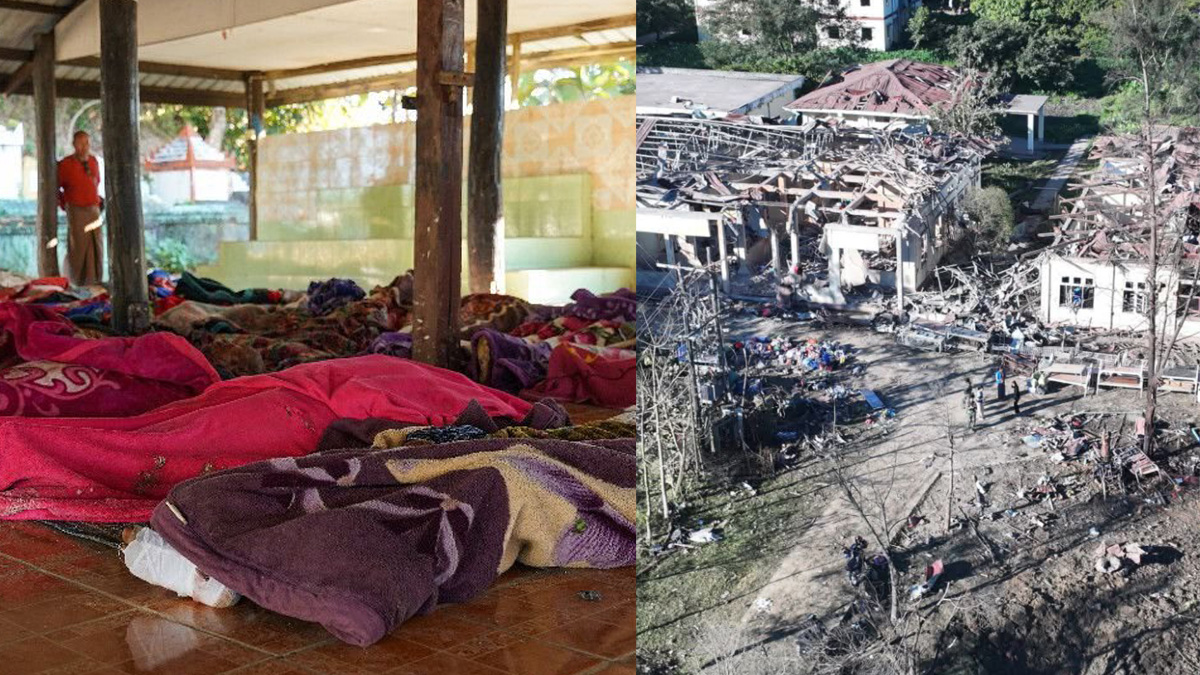APHR launches Brussels mission to press EU on Myanmar and Rohingya crisis
ASEAN Parliamentarians for Human Rights will lead an advocacy mission in Brussels from 14–18 October to push EU actors for scaled-up humanitarian aid, accountability and protection for people affected by Myanmar’s crisis and Rohingya refugees in Cox’s Bazar.
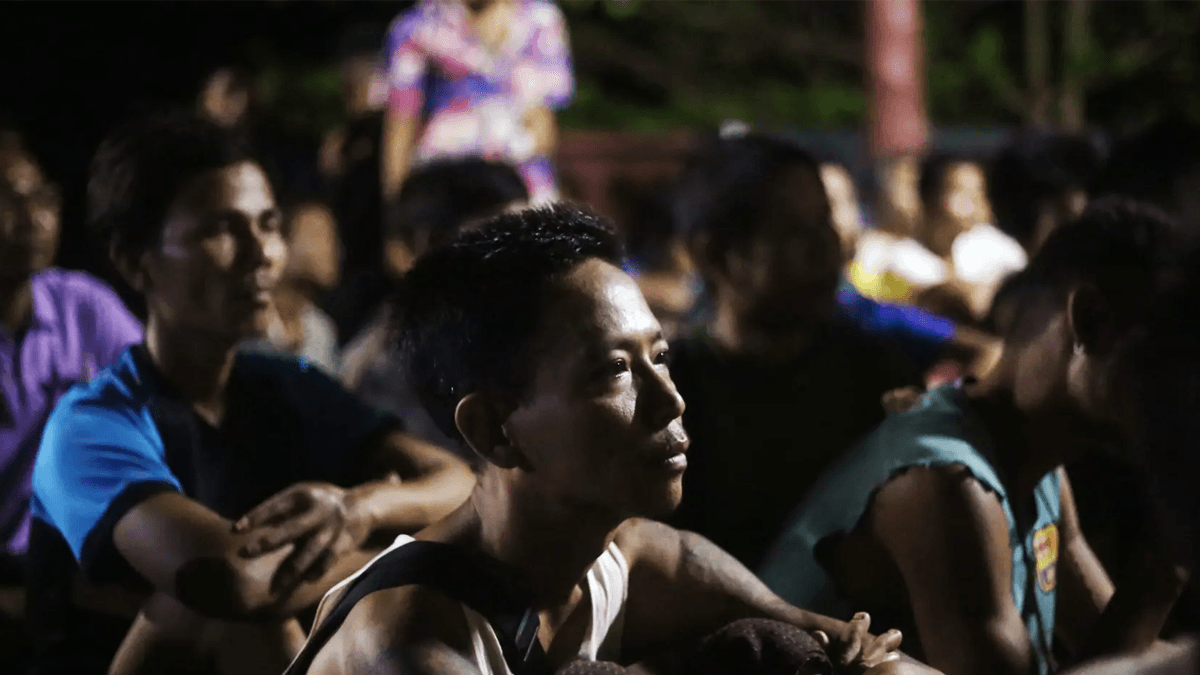
- APHR will meet EU institutions in Brussels from 14–18 October to seek stronger aid, accountability and protection measures.
- The group cites nearly 22 million people in need in Myanmar and over 1.3 million Rohingya in Bangladesh.
- APHR urges aid that bypasses the junta, targeted sanctions, and expanded resettlement pathways.
ASEAN Parliamentarians for Human Rights (APHR) will begin an international advocacy mission in Brussels from 14 to 18 October.
The visit aims to elevate Myanmar’s escalating humanitarian catastrophe and the situation of Rohingya refugees in Cox’s Bazar.
A delegation of current and former lawmakers from Indonesia, Malaysia and Thailand will brief Members of the European Parliament, the European External Action Service and the European Commission.
They will also engage Myanmar diaspora communities and human rights activists in Europe to secure concrete, immediate commitments.
APHR’s cross-regional delegation will present first-hand evidence from its recent fact-finding missions.
These included visits to affected communities in Mae Sot, Chiang Mai and most recently the Rohingya refugee camp in Cox’s Bazar.
Inside Myanmar, nearly 22 million people are assessed to require assistance.
More than 3.5 million are internally displaced amid airstrikes, destruction of schools, hospitals and homes, and severely constrained humanitarian access.
In Cox’s Bazar, over 1.3 million Rohingya refugees face dwindling aid and acute food insecurity.
Repatriation remains stalled, and protection risks have intensified as funding shortfalls constrain essential services.
In Brussels, APHR will press for a critical, sustained scale-up of humanitarian aid that reaches civilians and bypasses the junta.
It will advocate targeted measures to hold perpetrators accountable and reinforce international accountability mechanisms to support access to justice.
The delegation will also urge expanded legal protection and resettlement pathways for Rohingya people.
It intends to strengthen EU–ASEAN parliamentary coordination to translate commitments into immediate policy actions.
APHR is seeking stronger, ring-fenced support for cross-border and community-led relief channels.
These are presented as vital to ensure aid delivery where formal access is blocked or heavily restricted.
The group will recommend tighter controls to prevent aid diversion and robust monitoring to safeguard neutrality.
It will also call for documentation support to preserve evidence of violations for use in ongoing and future justice processes.
APHR frames the mission as an urgent attempt to keep Southeast Asia’s human rights crisis on the international agenda.
It aims to mobilise parliamentary networks across Europe so that pledges become sustained funding for communities at the front lines of impunity, violence and abuses.
Beyond immediate relief, APHR is expected to outline medium-term needs.
These include education continuity for displaced children, psychosocial support, and protection services for vulnerable groups, including women and unaccompanied minors.
On resettlement, the delegation will encourage EU actors to widen safe and legal pathways.
It will also seek improved legal statuses that reduce exploitation risks and provide access to services for Rohingya refugees.
The Brussels programme underscores the expectation that humanitarian action be paired with accountability tools.
APHR argues that durable solutions require both sustained aid and clear consequences for serious violations.


